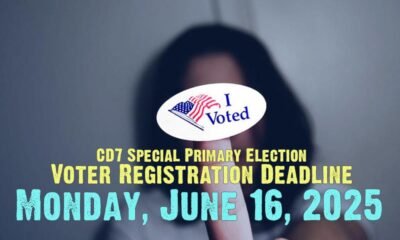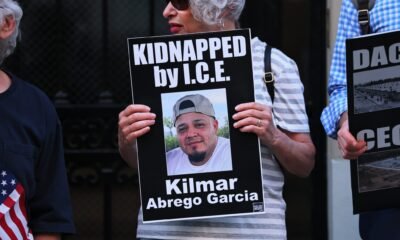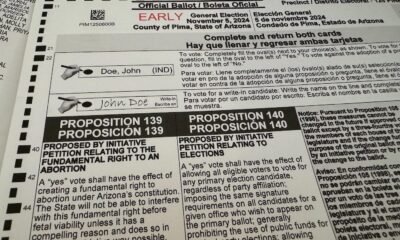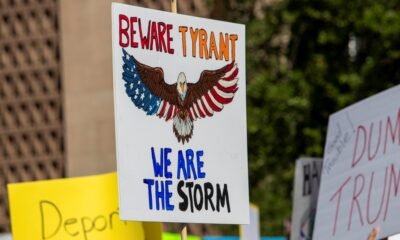citizenship
Judge Halts Trump’s Voter Registration Order, Citing ‘Irreparable Harm’ to Citizens
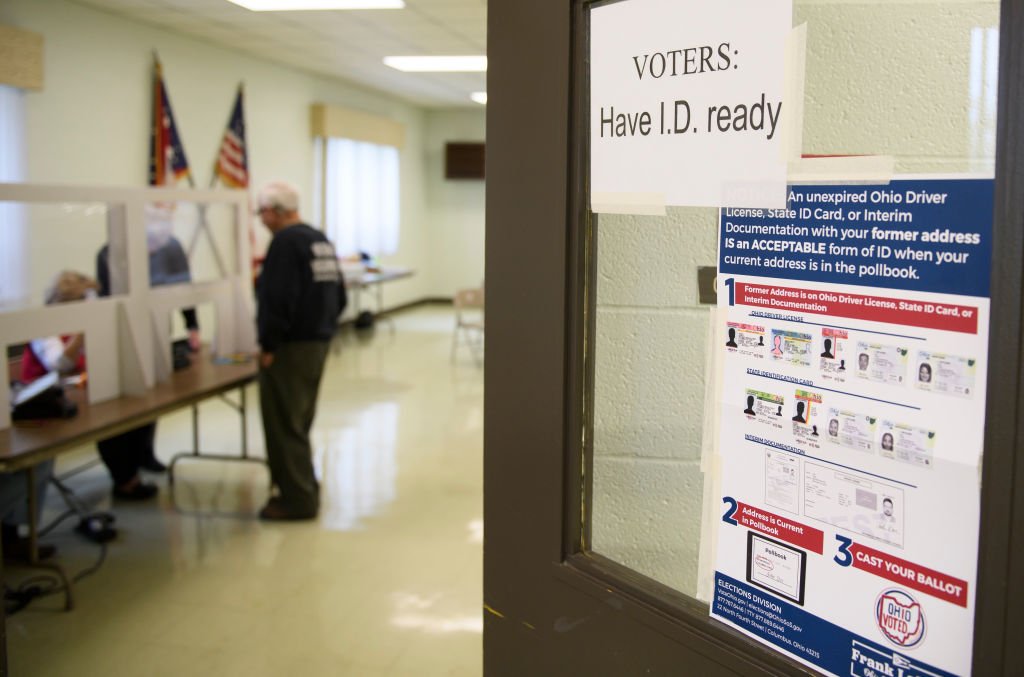
WASHINGTON — A federal judge in Massachusetts has blocked President Donald Trump’s executive order mandating that voters provide proof of citizenship for federal elections. The ruling emerged on Friday, with Judge Denise J. Casper calling the order a significant burden on states and potentially harmful to voters.
The decision includes a preliminary injunction, halting the order’s implementation while the legal proceedings continue.
In her ruling, Judge Casper noted, “There is no dispute that U.S. citizenship is required to vote in federal elections,” but questioned the President’s authority to impose additional documentation requirements not mandated by existing laws. “The authority for election requirements is in the hands of Congress,” she stated, emphasizing that the Election Assistance Commission must consult with states before making any changes to federal voter registration forms.
The lawsuit was initiated by Democratic attorneys general from 19 states after the executive order was signed in March. The directive aimed to compel the federal Election Assistance Commission to require proof of citizenship, such as a passport or state-issued identification, within 30 days.
Judge Casper highlighted that the executive order could disenfranchise citizens, potentially leading to chaos and confusion around the election process. “The States have also credibly attested that the challenged requirements could create chaos and confusion that could result in voters losing trust in the election process,” she asserted.
Casper pointed out that the order posed risks of irreparable harm to states for several reasons: implementation costs, the potential loss of federal funding for noncompliance, and the dampening of voter participation. She stressed that discouraging voter turnout contradicts Congress’s intent in passing key voting-related legislation.
Moreover, the order would have prohibited the counting of absentee or mail-in ballots received after Election Day, conflicting with state rules that often allow such ballots if postmarked by that date.
States involved in the challenge include Arizona, California, Colorado, and New York, among others.
The executive order reflects Trump’s long-standing campaign rhetoric about noncitizen voting and his broader immigration policies. Republicans have used isolated incidents of noncitizen voting to advocate for stricter voter registration laws. In April, U.S. House Republicans passed a bill that aimed to codify the executive order.
An analysis by the Heritage Foundation found just 29 instances of noncitizens voting from 2003 to 2023, underscoring the rarity of the issue.
